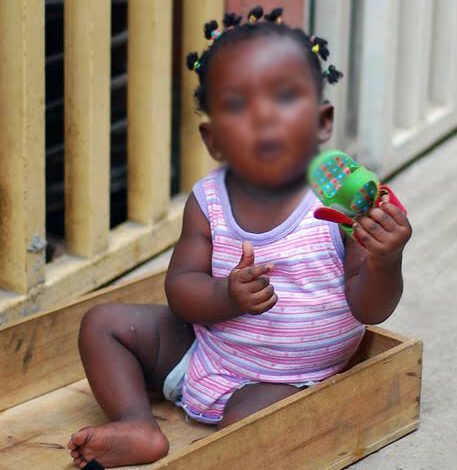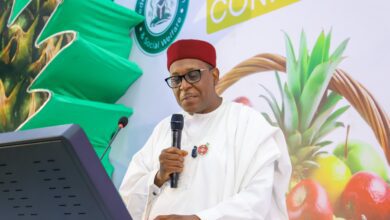
A new report from the United Nations Children’s Fund (UNICEF) says, around 11 million children, or one in every three children under five years of age, in Nigeria are experiencing severe child food poverty.
According to the report released on Friday, the food poverty makes Nigerian children 50 per cent more likely to experience wasting, a life-threatening form of malnutrition.
UNICEF disclosed that, “for the first time, the Child Food Poverty: Nutrition Deprivation in Early Childhood report analyses the impacts and causes of dietary deprivation among the world’s youngest and most vulnerable, i.e. children under five years of age, in nearly 100 countries, and across income groups.
“Globally, 181 million children under the age of five who consume, at most, two of eight defined food groups are considered in severe child food poverty and unable to sustain optimal growth and development in early childhood and beyond.
“Nigeria ranks among the 20 countries that account for almost two-thirds (65 per cent) of the 181 million children living in severe child food poverty”.
The report warns that while countries are still recovering from the socio-economic impacts of the COVID-19 pandemic, the effects of growing inequities, conflicts, and the climate crisis have pushed food prices and the cost of living to record high levels.
A recently published report by the Government and partners titled Cadre Harmonisé estimates that nearly 32 million people across 26 states of Nigeria are food insecure during this year’s lean season between June and August.
The report further reveals that, “globally and in Nigeria, several factors are fueling the child food poverty crisis, including food systems that fail to provide children with nutritious, safe and accessible options, families’ inability to afford nutritious foods, and parents’ inability to adopt and sustain positive child feeding practices.
It also showed that in Nigeria, the number of children facing serious hunger is much higher in the poorest families (44%) compared to the richest families (17%). Despite such high numbers of children affected with severe child food poverty, Nigeria has demonstrated a steady decline in the proportion of children facing severe food poverty from 45% in 2012 to 32% in 2022. However, much more needs to be done to ensure that every child has access to and consumes a diverse diet.
“Children grappling with severe child food poverty are more likely to face the life-threatening consequences of wasting, thereby impacting their survival and growth.
“We urgently need to work together to address child food poverty and make nutritious options more accessible and affordable, especially for vulnerable families”, said UNICEF Nigeria Country Representative, Cristian Munduate.






